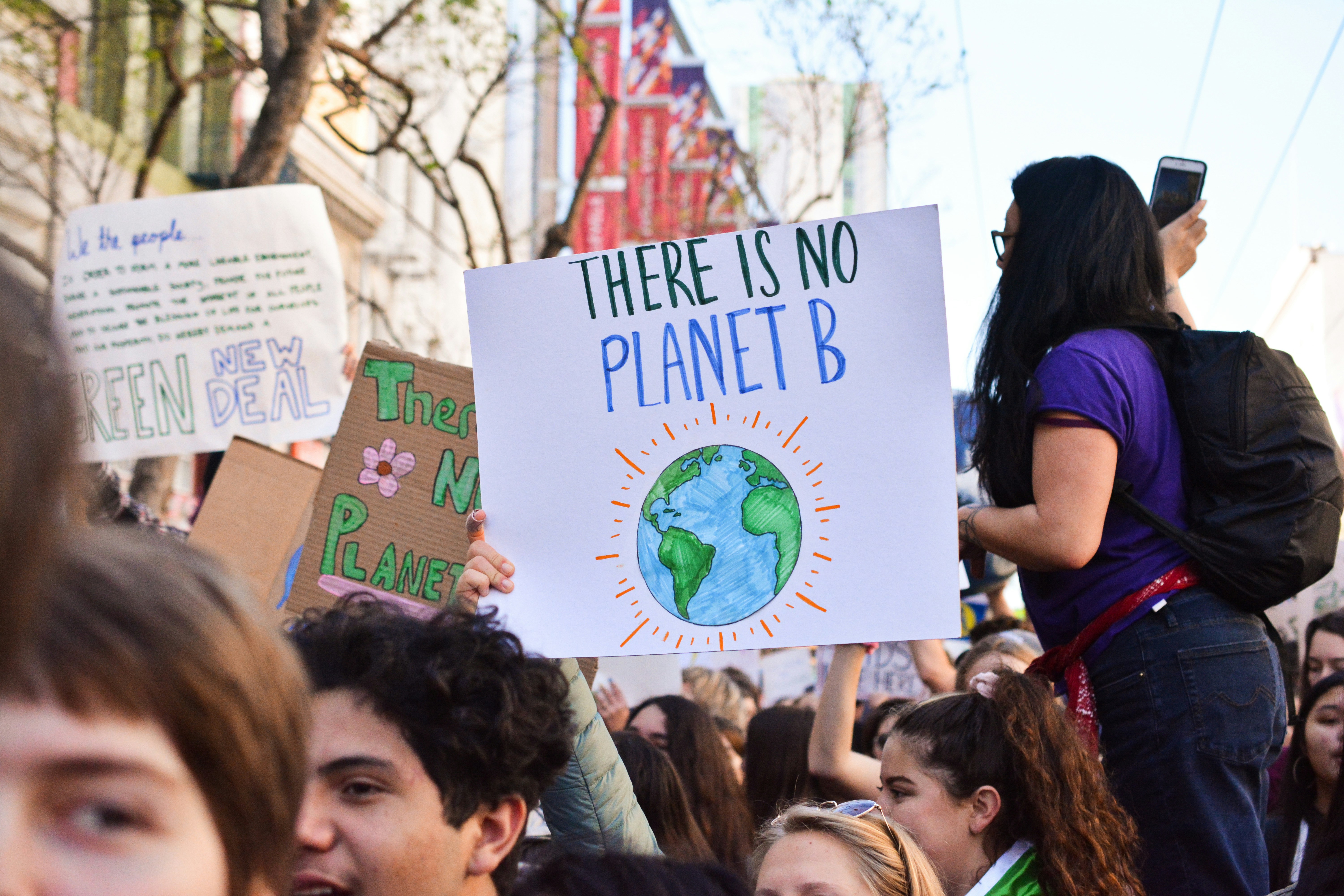The Environmental Impact of a Vegan Diet: What the Research Says
With climate change and environmental sustainability at the forefront of global issues, the impact of our food choices has come under intense scrutiny. A vegan diet—centered on plant-based foods and eliminating animal products—has been widely discussed as a more environmentally sustainable option. But what does the research say about the environmental benefits of veganism? Here, we’ll break down some key studies and findings on how a vegan diet impacts land use, water resources, greenhouse gas emissions, and biodiversity.
1. Reducing Greenhouse Gas Emissions
Studies consistently show that plant-based diets generate significantly fewer greenhouse gas (GHG) emissions compared to diets that include animal products. According to a 2018 study published in Science, the production of animal products is responsible for around 60% of agriculture’s GHG emissions, despite providing only 18% of our calories. Comparatively, a vegan diet is estimated to reduce a person’s carbon footprint from food by up to 73%, making it one of the most impactful ways individuals can decrease their GHG contributions.
- Key finding: Shifting to a plant-based diet could reduce food-related GHG emissions by nearly 50% worldwide, according to researchers at the University of Oxford.
2. Lowering Water Use
Agriculture is one of the largest consumers of fresh water, with livestock farming particularly water-intensive. The production of animal-based foods, especially beef, requires a substantial amount of water for feed crops, drinking, and processing. For example, producing one pound of beef uses about 1,800 gallons of water, whereas one pound of tofu uses only about 300 gallons.
Opting for a vegan diet can greatly reduce individual water usage. Research from the Water Footprint Network found that vegan diets require around 55% less water compared to omnivorous diets.
- Key finding: Adopting a plant-based diet could save an estimated 200,000 gallons of water per person per year.
3. Conserving Land and Reducing Deforestation
Animal agriculture demands vast amounts of land for both grazing and feed crop production, driving deforestation in areas like the Amazon rainforest. In fact, over 80% of the Amazon’s deforestation has been linked to livestock farming. By contrast, plant-based foods require far less land area. According to the Science study, if the world shifted entirely to plant-based eating, it would free up 76% of the land currently used for food production, which could then be rewilded or used for carbon sequestration projects.
- Key finding: Plant-based diets use significantly less land, reducing habitat destruction and the need for deforestation.
4. Preserving Biodiversity
Biodiversity loss is accelerated by habitat destruction, pollution, and climate change—factors heavily impacted by animal agriculture. The expansion of farmland for grazing and feed crops often leads to the clearing of forests and natural habitats, posing a serious threat to wildlife and plant species.
Shifting to a vegan diet can support biodiversity by reducing the need for extensive land clearing and decreasing pollution from fertilizers and pesticides often used in large-scale livestock farming. According to the Intergovernmental Science-Policy Platform on Biodiversity and Ecosystem Services (IPBES), a global shift to plant-based diets could play a significant role in halting biodiversity loss.
- Key finding: Adopting a plant-based diet could be key in reducing the major threats to biodiversity.
5. Minimizing Pollution and Eutrophication
Animal agriculture contributes to pollution through runoff from fertilizers and animal waste, which can contaminate water sources and lead to eutrophication—a process that depletes oxygen in water bodies, killing fish and disrupting ecosystems. A vegan diet, centered around plants, has a much lower risk of contributing to such pollution since plant farming generally requires less intensive use of fertilizers and produces less waste runoff.
- Key finding: Studies suggest that a vegan diet produces significantly less water pollution and reduces the risk of eutrophication compared to animal-based diets.
Conclusion
The research is clear: a vegan diet has a far-reaching, positive impact on the environment, offering substantial benefits in terms of reducing greenhouse gases, conserving water, preserving land, and protecting biodiversity. As more people become aware of the environmental impact of their food choices, adopting a vegan diet could be one of the most effective ways to help mitigate climate change and foster a healthier planet.
Transitioning to a plant-based diet may seem like a small change, but collectively, it can create a monumental shift towards environmental sustainability.
Learn More About Veganism and Climate Change on VeganHUB
If you’re interested in exploring the intersection of veganism and environmental sustainability further, check out these resources on VeganHUB:
- In-Depth Articles: Explore our extensive collection of articles that delve into the environmental impacts of animal agriculture, sustainable food systems, and how veganism can contribute to a healthier planet.
- Vegan Documentaries: Watch documentaries that highlight the environmental consequences of animal farming and showcase the benefits of plant-based living. Check out our recommendations for impactful films that inspire change.
- Podcasts: Tune in to our curated list of podcasts discussing veganism, climate change, and sustainability. Hear from experts, activists, and everyday vegans about their journeys and insights.
- Essential Books: Browse our library that features books on veganism, environmental issues, and sustainable living. These resources provide in-depth knowledge and insights to help you understand the connection between diet and climate change.


